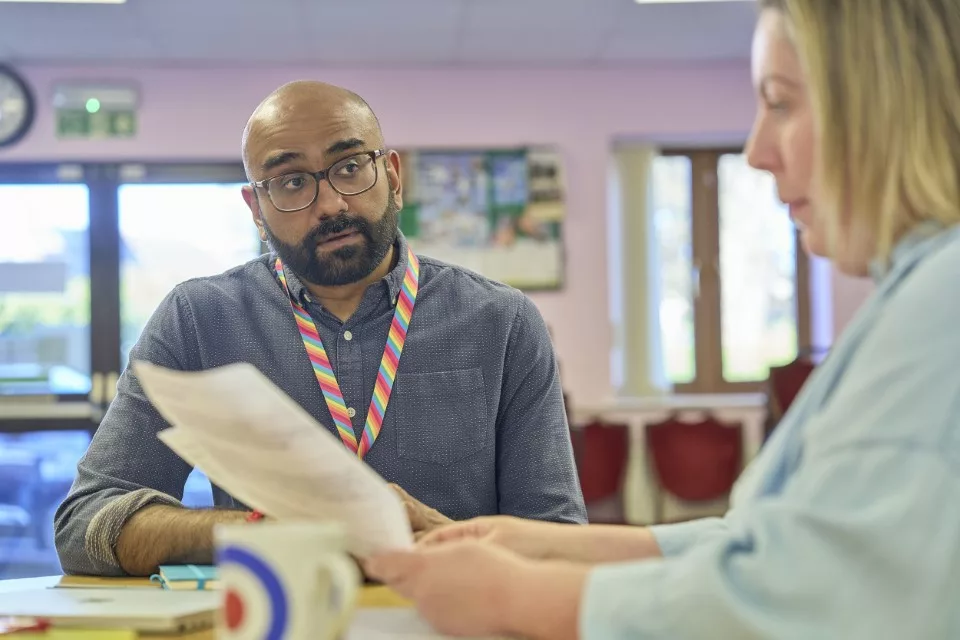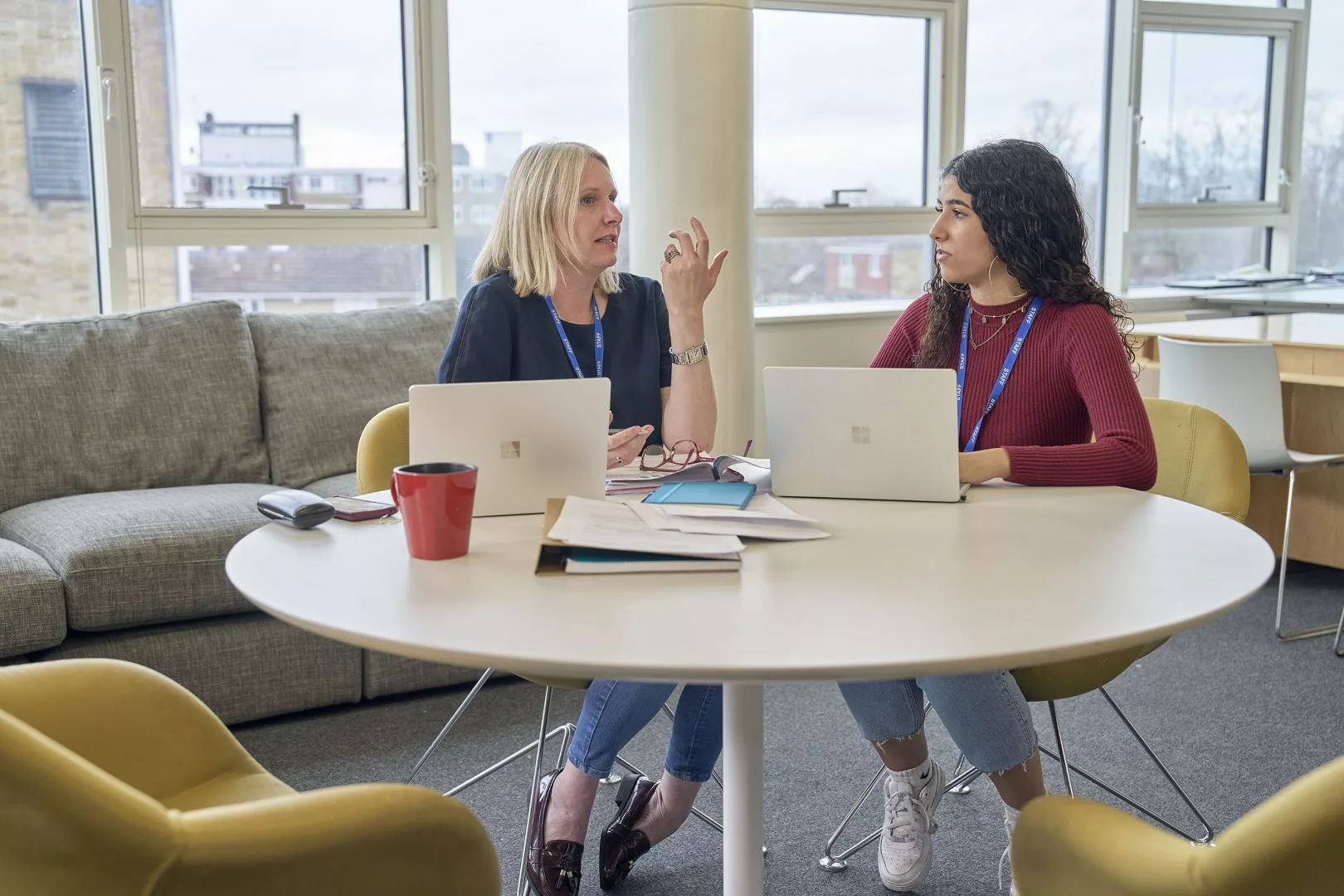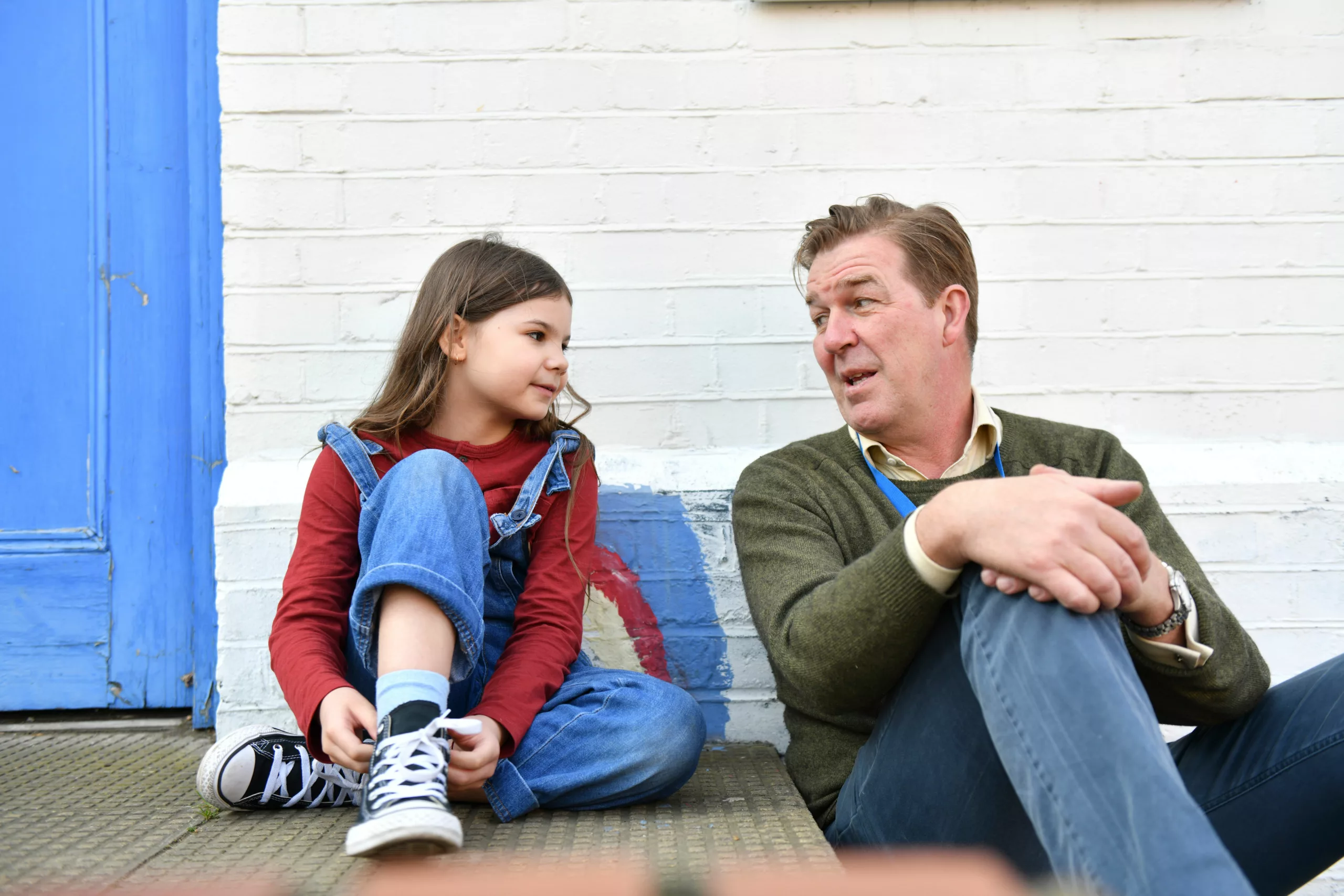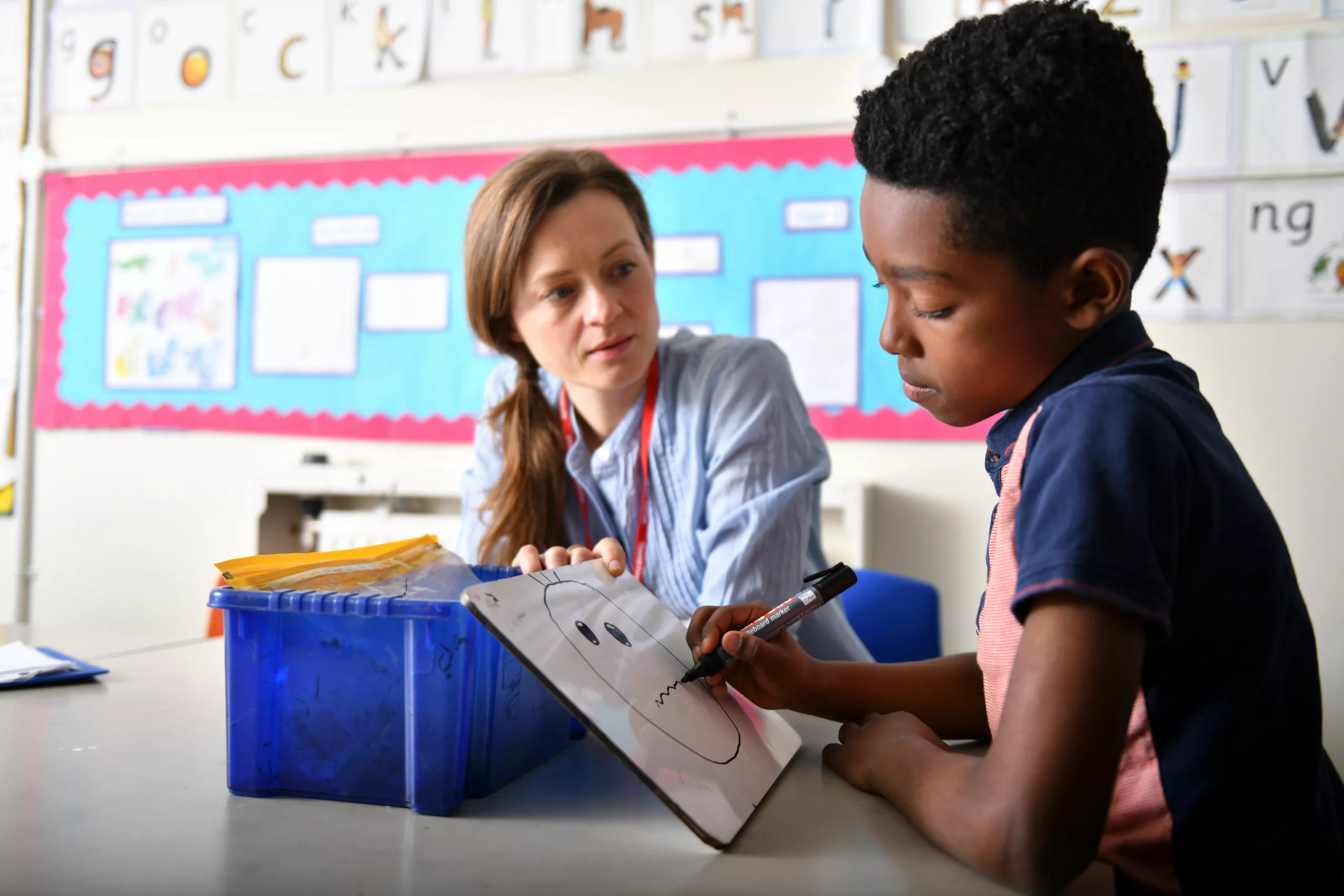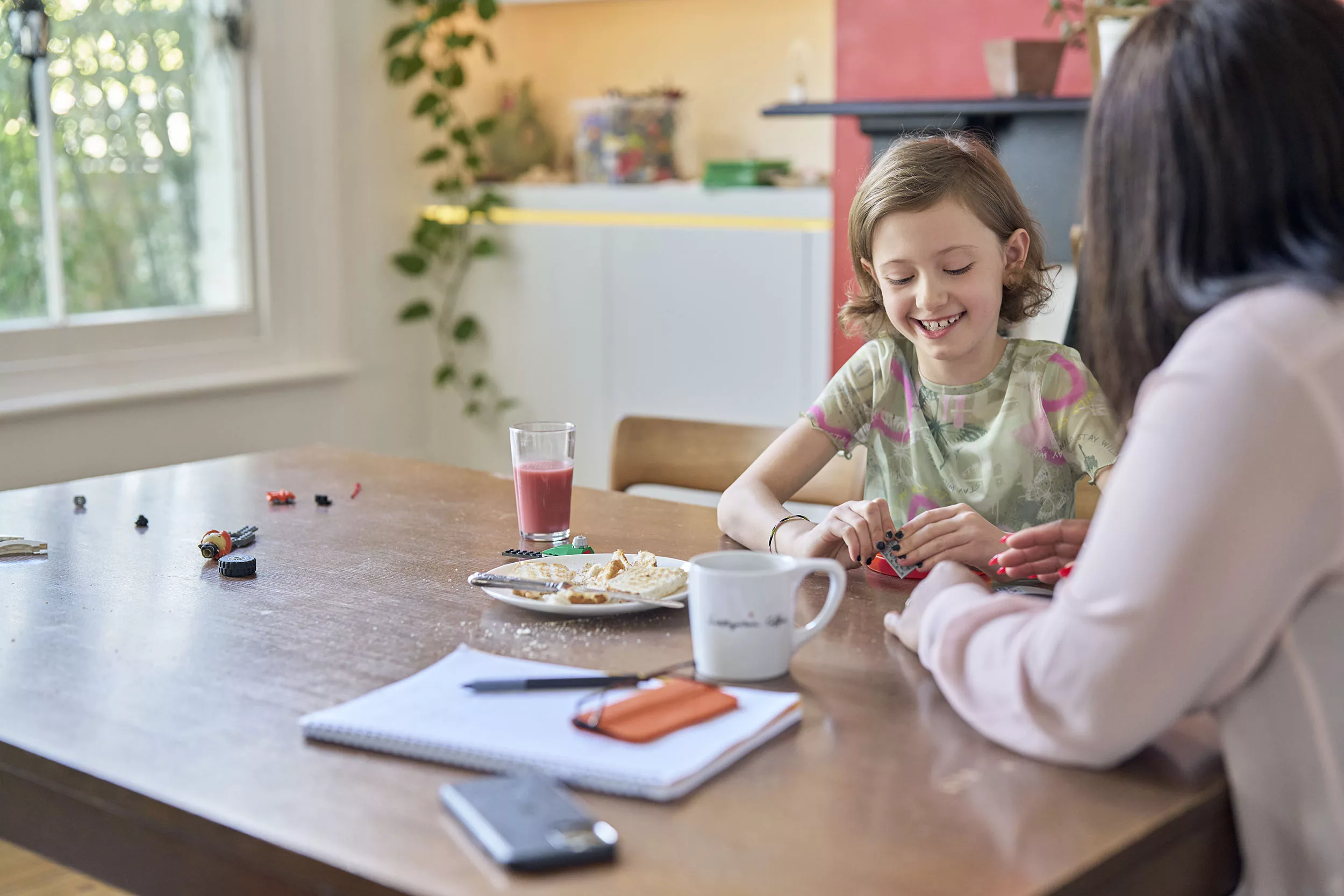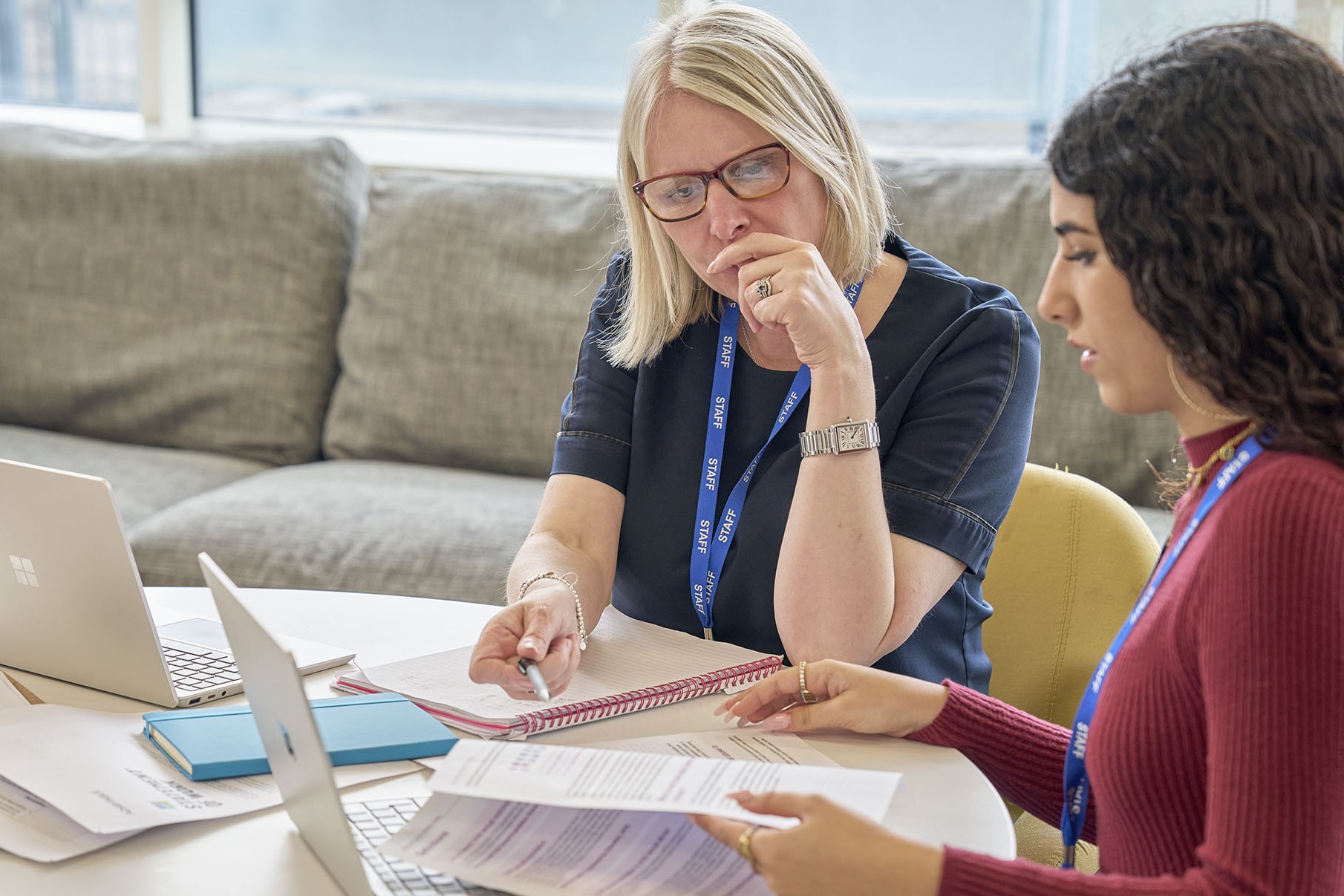
Using supervision and team meetings
A guide to help professionals kickstart discussions about improving responses to child sexual abuse
How can this resource help you?
Professionals working with children and families play a key role in protecting and supporting them when there are concerns about child sexual abuse.
One way to build professional confidence in responding to concerns is by encouraging conversations around the latest research and evidence. Managers and supervisors can actively support this by making time for regular discussions, reflecting on and sharing practice experiences and insights from victims and survivors in supervision and team meetings.
Our Using supervision and team meetings to improve responses to child sexual abuse guide helps professionals start discussions about child sexual abuse within their teams in a supportive space, reflect on the experiences of children and families they are working with, explore their team’s and their own welfare, and consider how the evidence might inform and develop their practice.
It helps managers and supervisors support professionals at all stages of their careers across the children’s services workforce, including those in child protection, working with children with disabilities, children in care, adult social care, youth offending or early help.
Download Using supervision and team meetings to improve responses to child sexual abuse
By Liz Jones and Natasha Sabin (CSA Centre)
Bringing evidence into supervision and team meetings
The Using supervision and team meetings to improve responses to child sexual abuse guide helps professionals to maximise use of the CSA Centre’s free quick-read resources from our Key messages from research series to explore and develop their team’s, and their own, understanding of key aspects of child sexual abuse.
Using the research papers and this guide together, professionals will be able to build knowledge and confidence in responding to child sexual abuse in all its contexts, including in family settings, harmful sexual behaviour by other children and young people, and sexual abuse in online contexts, amongst many others. You can find each Key messages from research paper on our website.

